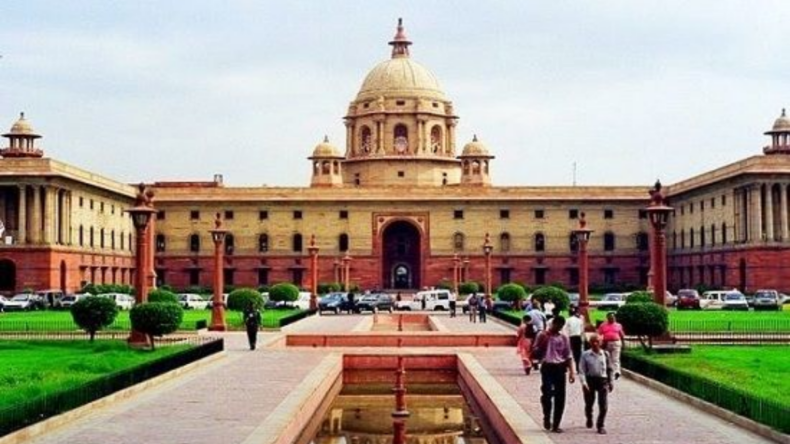On April 7th, the state government in Allahabad affirmed that neither the Hindu Marriage Act 1955, the Foreign Marriage Act 1969, nor even the Special Marriage Act has accepted or recognized same-sex marriage.
This case came before the court when the mother of one of the girls filed a Habeas Corpus plea letter to the court. Asking for the court’s help to get her daughter back after the inaction of the local police station.
The station head of Attarsuiya, Prayagraj forwarded her plea to court in which she claimed that she was kidnapped and detained by another woman. She pleaded with the court to return her daughter to her custody. She also asserted that her daughter is 21 years old and sick.
After hearing her claims and pleas on April 6, the court ordered the State Government Advocate office to summon the two girls to stand before the court.
On April 7th, the two girls presented themselves and showed their matrimonial contract paper in court, which proved their age to be 22 and 23, respectively, and that they were adults and married each other of their own choice.
The girl petitioned the court for permission from her mother and the court as well to accept their marriage as legal as they are both adults of sound mind who are in love and married each other without fear.
Same-Sex Relationships
The two defendants also brought up Navjet Singh Johar v. Union of India, 2018 (10) SCC 1, stating that same-sex relationships are not a crime and two adults can live together with mutual consent.
They also emphasised the Hindu Marriage Act and how it only speaks of marriage between two people, and there’s also no mention of resistance to same-sex marriages.
Also, in Articles 14, 16, and 21 of the Constitution of India, they have Fundamental Rights of Equality. Therefore, same-sex marriage is their right and should get statutory rights.
But the Allahabad High Court rejected their petition and submitted that a country like India runs according to Indian religion, culture, and law and, therefore, marriage in this country is regarded more as a sacred communion than a contract.
Furthermore, a same-sex marriage would be frowned upon in Indian society. The state denied their request, but the petition for Habeas Corpus was dropped.
Edited By: Khushi Thakur
Published By: Bhavya Dedhia













